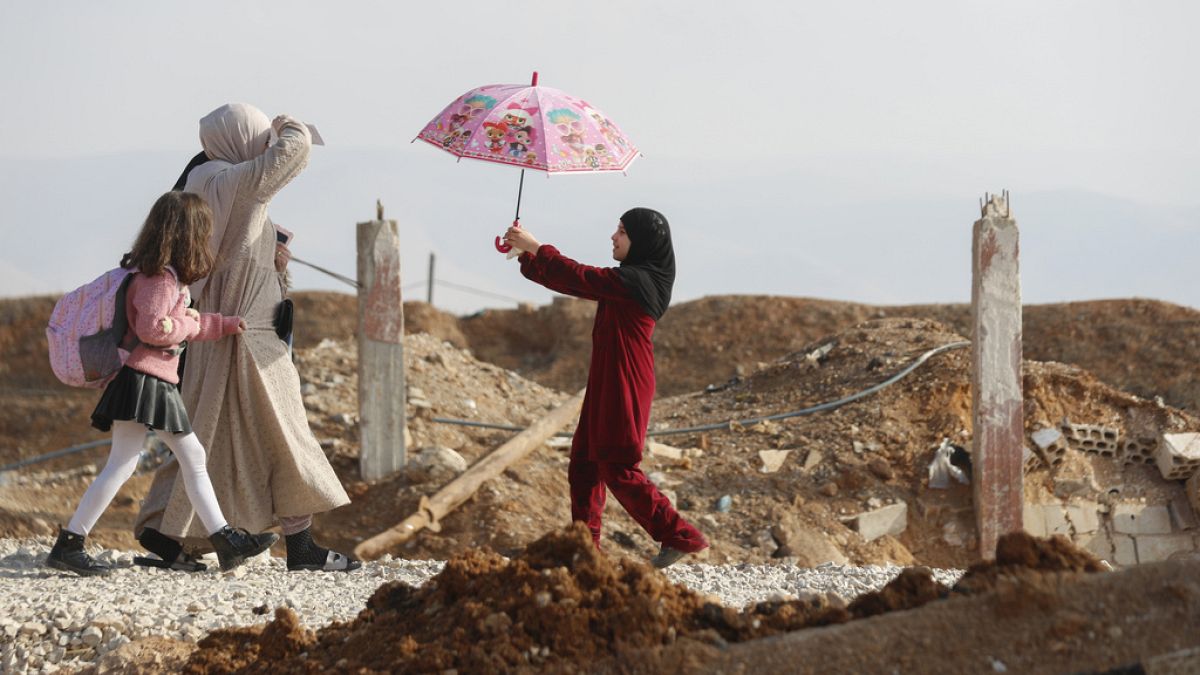The ceasefire between Israel and Hezbollah that was agreed upon in late November appears to be holding, despite some violations. The agreement required Hezbollah to stop hostilities in southern Lebanon while Israel was supposed to withdraw its forces from the region within 60 days. However, Israel has only withdrawn from two towns and continues to launch strikes on what it claims are Hezbollah bases. Both sides have accused each other of violations, but analysts believe the truce will hold.
The ceasefire deal is somewhat unclear and open to interpretation, which may help it withstand changing circumstances. With the recent ousting of Syrian leader Bashar al-Assad, Hezbollah lost a key smuggling route for weapons from Iran, further weakening the group. However, Israel had agreed to the ceasefire even before al-Assad’s departure. The ongoing conflict between Israel and Hezbollah has resulted in thousands of casualties and displaced families on both sides.
The ceasefire agreement requires both Israel and Hezbollah to refrain from offensive military actions, allowing for self-defence. The Lebanese army is tasked with preventing militant groups from attacking Israel and dismantling Hezbollah’s facilities and weapons in southern Lebanon. The United States, France, Israel, Lebanon, and the UN are responsible for overseeing the ceasefire’s implementation. The key question remains on what version of the deal will be implemented.
Hezbollah has largely halted rocket and drone attacks into Israel, while Israel has refrained from attacking Hezbollah in most parts of Lebanon. However, Israel has continued airstrikes on alleged militant sites. Lebanon has accused Israel of violating the ceasefire and submitted complaints to the UN Security Council. Israel, in turn, has accused Hezbollah of numerous violations. The ceasefire has slowed Israel’s withdrawal from Lebanese towns, with around 160,000 Lebanese still displaced.
Israel does not consider the 60-day deadline for withdrawal to be set in stone, as Lebanon needs more troops to deploy before Israel can transfer control. Hezbollah has warned of possible attacks if Israeli forces remain in Lebanon after the deadline. Despite its weakened state, Hezbollah remains interested in upholding the agreement to prevent open war. Hezbollah or other groups may resort to guerrilla attacks if Israeli forces stay in southern Lebanon.
In conclusion, the Israel-Hezbollah ceasefire agreement, though fragile, is holding for now despite some violations on both sides. The implementation of the deal remains unclear, with slow Israeli withdrawal and accusations of violations. The key will be how the agreement evolves after the 60-day deadline and whether both parties can uphold their end of the bargain. The conflict has taken a toll on both Israeli and Lebanese populations, with thousands of casualties and displaced families waiting for a resolution.










